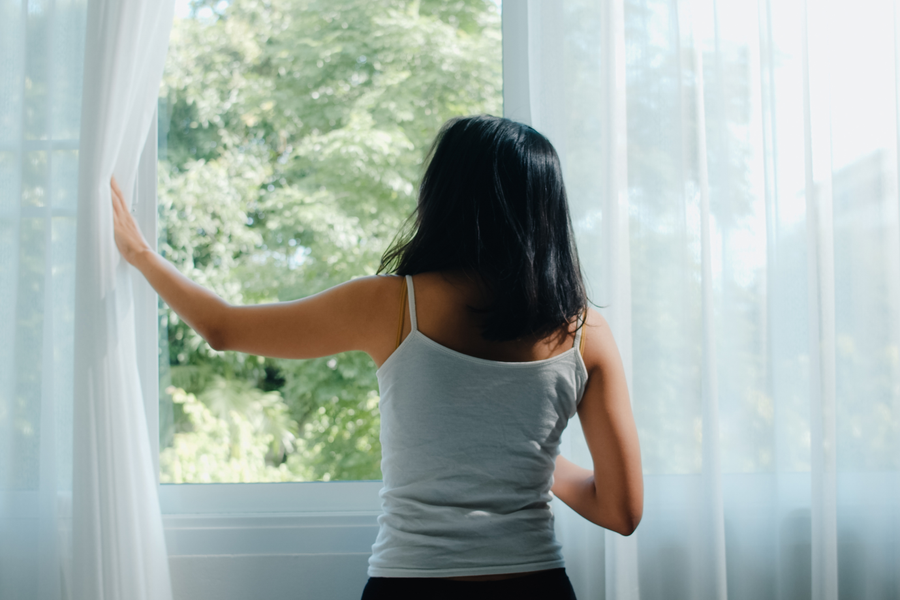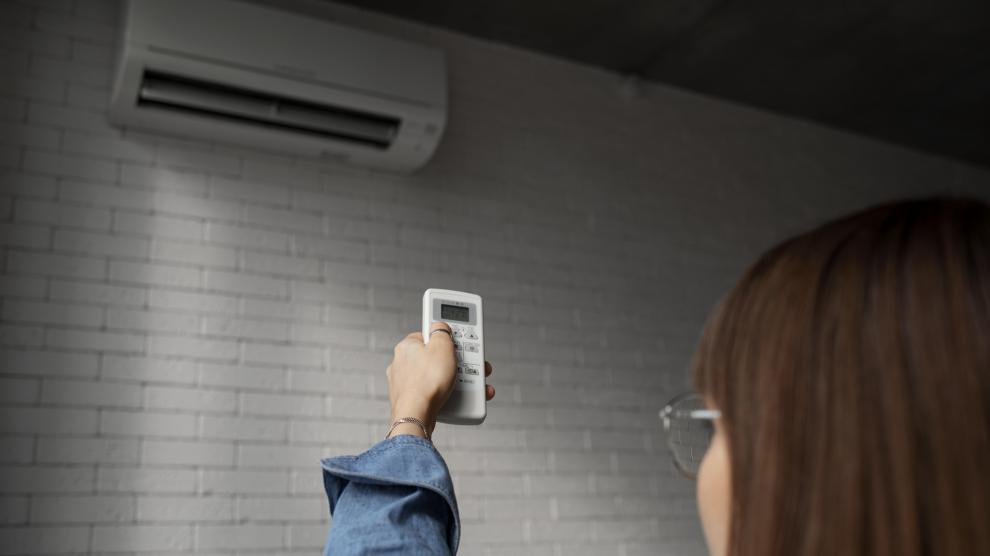The situation of economic uncertainty that has enveloped Europe in recent months has made heating as necessary as it is costly. With winter just around the corner, the price of gas has increased by more than 800% compared to the end of last winter, in March 2021, according to Selectra data. Bearing in mind, moreover, that 47% of a household’s consumption is spent on heating and that on average a household pays around 990 euros in these bills, as reported by IDAE (Institute for Energy Diversification and Saving), the increase in spending by users in this item seems imminent.
However, it should be borne in mind that the final price to be paid by the customer depends on many factors such as the type and location of the home and, above all, the heating model used. In fact, this is one of the most determining variables when it comes to paying the bill, which is why UCI (Unión de Créditos Inmobiliarios) has prepared a guide with the advantages and disadvantages of the three main heating models existing in Spain, as well as the formulas for saving in any of them.
In any case, there are almost universal ways to save when heating a house, regardless of the type of heating used. For this reason, UCI has prepared a guide of tips within everyone’s reach to reduce heating bills:
1. Bleeding the air radiators
It is advisable to do this at least once a year, every time winter begins. It often happens that radiators accumulate air bubbles that prevent the heat from reaching the end, so not doing so would mean wasting energy and wasting money.

2. Cladding the house
Carpets, curtains and blinds act as an additional layer, capable of insulating the cold outside and keeping the heat inside the house. It is also useful to place small pieces of insulating tape, for example, in the cracks of windows and doors, where heat escapes.

3. Do not cover radiators
These devices lose much of their potential when there is an object on top of them that covers them. Nor is it advisable to hide them behind bulky furniture or use them to dry damp clothes, as this would be an unnecessary waste of energy.
4. Always turn off the heating in empty rooms.
It is essential to have it turned on only when it is going to be used. In rooms that are or will be empty for a long period of time, it is advisable to turn off the heating and close the door. However, in some systems, such as central systems, it is usually not possible to choose which radiators are switched on.
5. Lower the temperature at night
The heat retained by the human body throughout the day is sufficient to reduce heating consumption at night. The body needs less heat during sleeping hours and keeping the heating on for such a long time is a considerable and unnecessary expense.
6. Take the opportunity to open the windows as early as possible.
When the internal heat of the house is the minimum. Having turned off the heating at night or, at least, reducing its temperature, when opening the windows the energy consumed will not be wasted, since the temperature will be more similar to the outside and then it will cost the same to reheat the interior.

7. Program the heating to turn on only at the times when it is necessary.
It is also important to adapt the heating to the schedules of each of the inhabitants of the house. If you are not going to be present at home, it is advisable to keep it off to avoid unnecessary waste. For that reason, most of the systems allow to program it in an automatic way to turn on only in the hours in which it is going to be needed.
8. Keep the house at a constant temperature
Around 21 degrees during the day and, at night, 17. Health experts consider that this is the ideal temperature to enjoy equal parts of comfort and savings. For every degree that the temperature rises, the price could increase by up to 7%.

9. Adapting to a low-consumption boiler
Without the need to make large investments in installing efficient systems, the price difference between a high or low consumption boiler is really remarkable. An average home does not need a large boiler, but a low consumption boiler is more than enough.
10. Check the condition of the boiler frequently.
A boiler in poor condition can be a health hazard and a considerable increase in price. Experts recommend doing so at least once a year, before the beginning of winter.
You can also find us at:
YouTube – Jaume by LivingSitges
Instagram – @jaumebylivingsitges
Facebook – Jaume by Living Sitges
www.livingsitges.com
Source: https://www.idealista.com/

